Question And Answer
Publications
Articles, publications, books, tools and multimedia features from the U.S. Institute of Peace provide the latest news, analysis, research findings, practitioner guides and reports, all related to the conflict zones and issues that are at the center of the Institute’s work to prevent and reduce violent conflict.
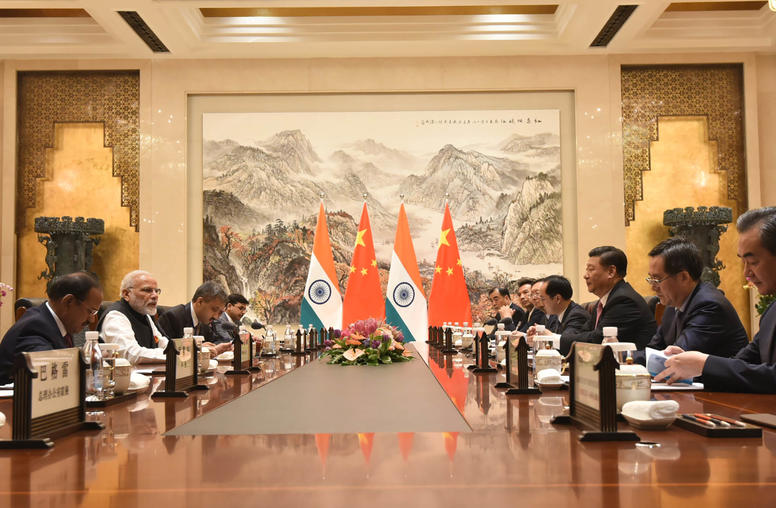
Three Things to Know About China-India Tensions
Relations between the two Asian giants have soured over the last decade, particular following a 2020 border brawl between Indian and Chinese troops in the Galwan Valley. While there are credible concerns that these nuclear powers’ ties are trending in the wrong direction — particularly as both sides continue provocative actions — neither Beijing nor New Delhi wants to see an escalation toward a more serious conflict. For its part, the United States has sought to deepen its security and economic relationship with India as the U.S.-China rivalry intensifies and considers it a vital partner in Washington’s Indo-Pacific strategy.
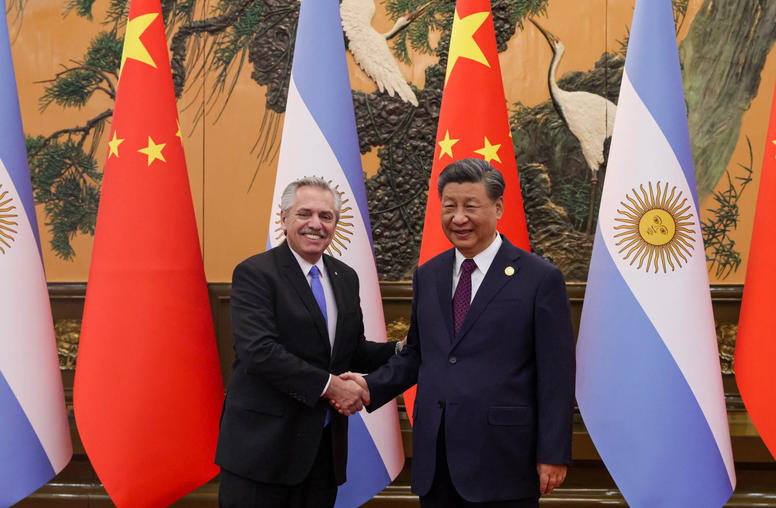
U.S. Needs to Invest More in Latin America to Counteract China in the Region
Amid ongoing U.S.-China competition, Summers’ observation encapsulates one of the key reasons for China’s success across the Global South — particularly in Latin America and the Caribbean. China delivers when it comes to building infrastructure, whether it’s airports and sports stadiums or 5G networks courtesy of Huawei and ZTE.

Amid China Tensions, the Philippines Relies on Alliances and Rule of Law
A diplomatic win, many people said about the announcement of a hotline between the Philippines and China. This was one of the highlights of President Ferdinand Marcos Jr.’s trip to China in January 2023, where he and Chinese President Xi Jinping established a direct line of communications between their two capitals. Specifically, the line would be between departments in each country’s foreign affairs ministries that deal with maritime and border issues. The objective was to prevent the escalation of tension in the West Philippine Sea (also referred to as the South China Sea).

Active Neutrality: Malaysia in the Middle of U.S.-China Competition
From its experience of centuries-long colonization to dealing with decades-long Cold War politics, Malaysia is no stranger to navigating major power competition, which it sees as a recurring reality in international politics. Today’s U.S.-China rivalry is just the latest round — it is not the first and it will not be the last. Still, it is important to consider how U.S.-China competition impacts Malaysia and how it, like other small and secondary states in the region, seeks to exercise agency. Even as this major power rivalry intensifies and limits the country’s space for maneuvering, Malaysia insists on employing “equidistant diplomacy” to hedge against multiple risks and cultivate long-term options.
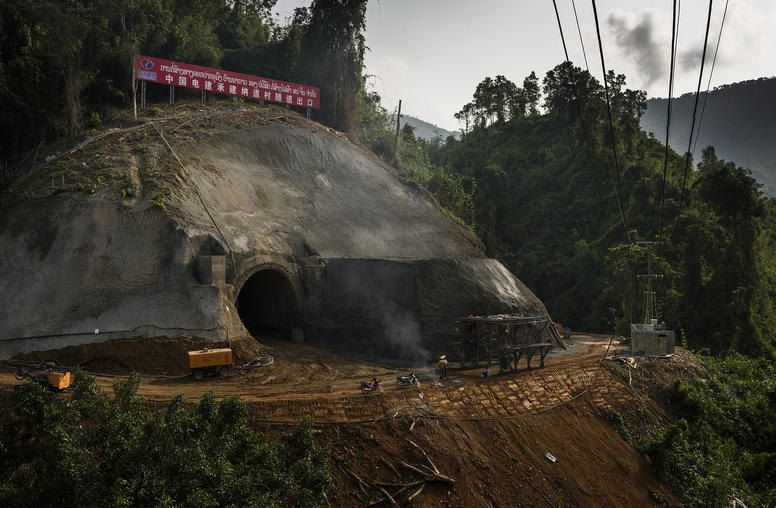
How Laos and Other ASEAN Countries Can Leverage U.S.-China Competition
Recent years have witnessed intensifying U.S.-China competition and tensions in both the political and economic spheres, particularly in areas related to technology, global supply chains, infrastructure connectivity, trade and finance. Southeast Asia has become the center of this strategic rivalry. In the region, the Association of Southeast Asia Nations (ASEAN) has positioned itself as the “central” actor in shaping the regional order and positively engaging with external powers. However, ASEAN’s centrality is increasingly challenged by these two major powers, who have deep and complex ties with Southeast Asia. While this competition poses challenges for ASEAN, there are also opportunities for countries like Laos and others in Southeast Asia to leverage in this tense geopolitical moment.
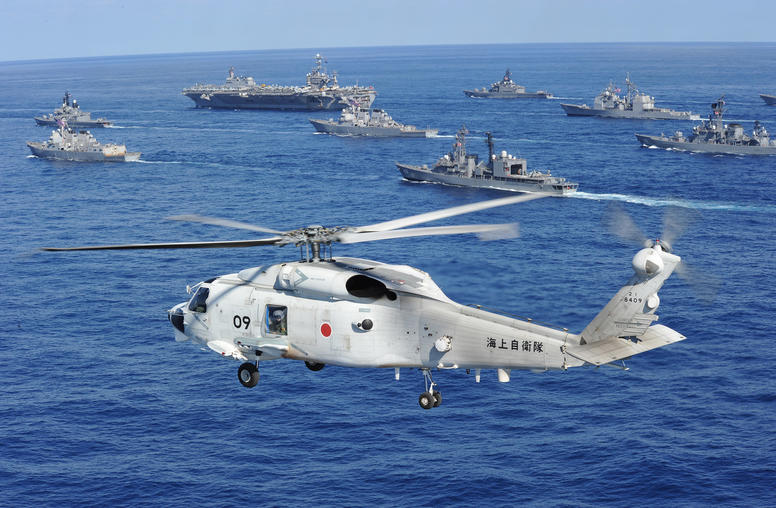
Japan-China Crisis Communications Are Improving but Face Challenges
The urgent need for improved crisis communications mechanisms between China and Japan has been driven home by a number of incidents between the two countries. For example, in January 2013 a Chinese navy vessel directed a fire-control radar at a Japan Maritime Self-Defense Force destroyer. A little over a year later, in May and June 2014, two Chinese military fighter aircraft flew unusually close to Japanese military aircraft. These incidents could have led to a much wider conflagration, particularly in the absence of a crisis communications mechanism.
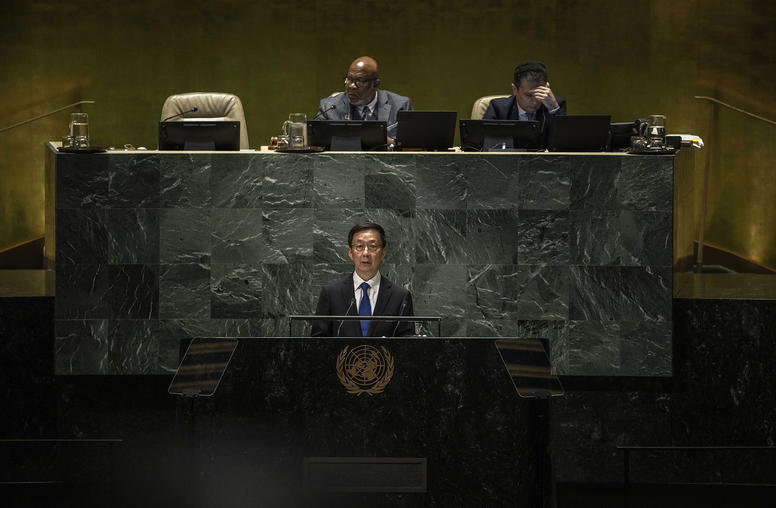
As China Looks to Reform Global Governance, How Does It Approach the U.N.?
As China has increasingly positioned itself as a global leader and foremost champion of the Global South, Xi Jinping and other top Communist Party officials have been vociferous in their critiques of the U.S.-led international order. Through a bevy of initiatives and proposals — like Xi’s Global Security Initiative — offered in recent years, Beijing has made clear that it wants to see a wholesale reform of global governance. At the June 2022 BRICS summit, for example, Xi called for a “new type of international relations” that rejects hegemony and zero-sum thinking. What this ultimately amounts to is Beijing’s effort to undermine U.S. global leadership as the U.S.-China rivalry intensifies.

For the Philippines, Maritime Security Goes Beyond U.S.-China Rivalry
Maritime security is a critical issue for Southeast Asia and the geopolitical underpinnings of this topic cannot be underestimated. This is especially the case for small powers as they navigate a maritime domain that is caught in the middle of — and driven by — great power politics. While maritime security in Southeast Asia is often the stage on which the U.S.-China competition plays out, this extends beyond the competing claims of regional states in the South China Sea, with important environmental and resource issues also at stake. Within this context, the Philippines is in a unique position for three reasons.

How to Help ASEAN Address South China Sea ‘Gray-zone’ Challenges
In early August, a Chinese coast guard vessel fired a water cannon at a Philippine supply boat, in what was yet another example of Beijing’s so-called “gray-zone” tactics in the South China Sea. These gray zone activities are a form of slow intensity conflict that China has increasingly employed over the last year to assert its territorial claims in the South China Sea.

How Small States Navigate U.S.-China Rivalry: The Case of Cambodia
Amid growing distrust and an intensifying systemic rivalry, U.S.-China relations are at the lowest point in decades. In Washington, the last three U.S. administrations have sought to balance, challenge and counter China’s rises in Asia. In Beijing, revisionist leader Xi Jinping’s regime has an ambitious plan for “national rejuvenation” and views the United States as the major strategic threat to China’s ambitions. Countries like Cambodia are caught in between.